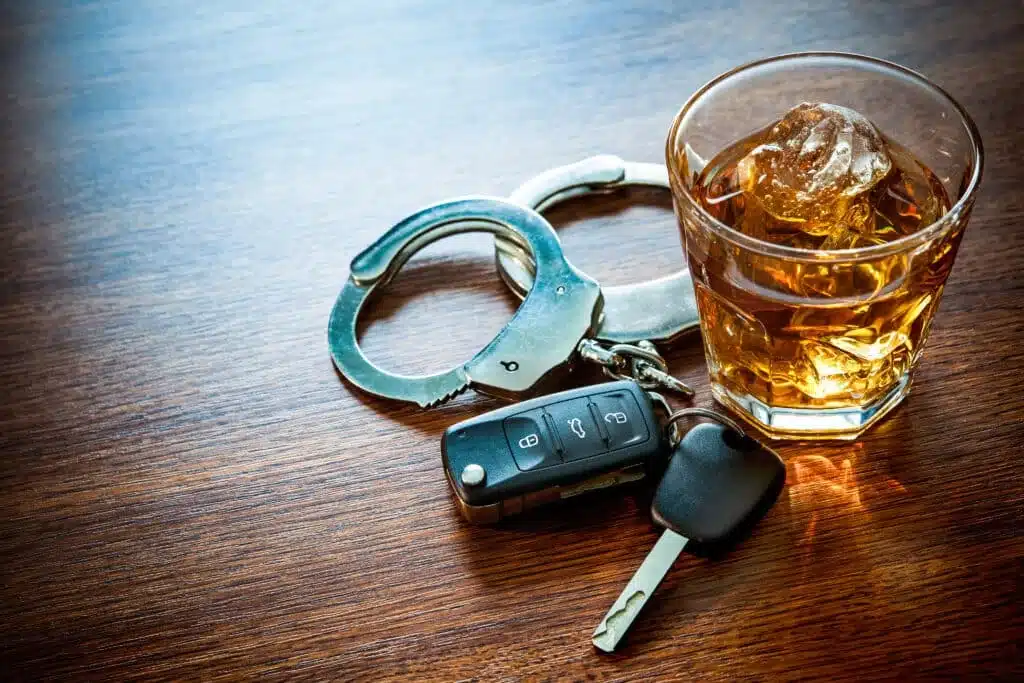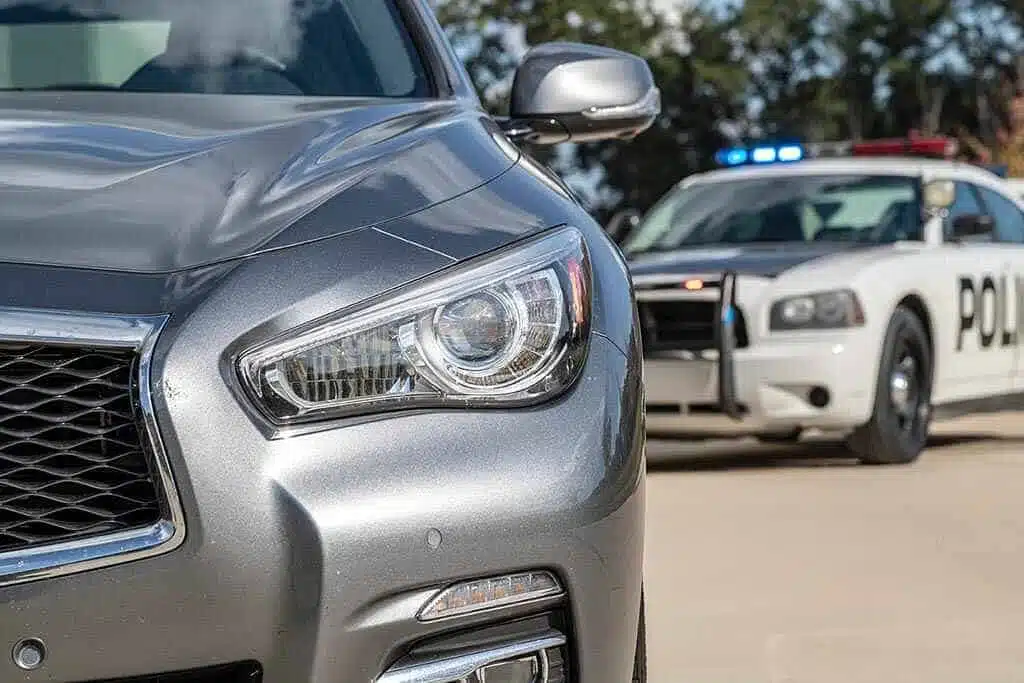Understanding DUI Charges in Colorado
The state of Colorado takes DUI offenses quite seriously and its laws reflect this stance. A DUI is typically charged when a driver’s blood alcohol content (BAC) is 0.08% or higher. For drivers 21 or younger, the BAC threshold is substantially lower, set at 0.02%, which can be as little as one drink.
Depending on the situation, DUI charges can range in severity from misdemeanors to felonies, depending on factors such as prior offenses, the presence of minors in the vehicle, or if the incident resulted in injury or death. DUI lawyers in Denver can provide clarity and help navigate these complex legal waters.
The Importance of DUI Police Reports
Drunk driving police reports are fundamental to any DUI case, as they contain the arresting officer’s observations, the results of sobriety tests, and other pertinent details about the traffic stop and the subsequent arrest. This report provides the foundation for the prosecution’s case against you. Here are some things to look out for.
Officer Observations
The officer’s initial observations will include both why they stopped you and what occurred during this initial stop. Reasons for stopping a driver on suspicion of DUI include erratic driving behavior, swerving, speeding, or failing to obey traffic signals. Upon stopping your vehicle, the officer will also observe your physical appearance, behavior, and speech. Common indicators of intoxication include bloodshot eyes, slurred speech, and the smell of alcohol on one’s breath. Your legal team will explore these reported observations for any inconsistencies or exaggerations.
Field Sobriety Tests
Field sobriety tests (FSTs) are designed to assess your physical and cognitive abilities. Common tests include the Horizontal Gaze Nystagmus (HGN), the Walk-and-Turn, and the One-Leg Stand. These tests can be subjective, and factors such as medical conditions, fatigue, or nervousness can affect performance. A skilled Denver drunk driving lawyer will examine how these tests were administered and challenge their validity if necessary.
Breathalyzer and Blood Tests
Breathalyzer and blood tests provide objective measures of your BAC. However, these tests can be challenged on several grounds, such as improper calibration of the breathalyzer, contamination of the blood sample, or errors in the chain of custody. Reviewing the DUI police report for any procedural errors in administering these tests can be a crucial part of your defense strategy.
Legal Terms & Jargon
DUI police reports typically contain legal terminology that can be confusing to someone who is unfamiliar with the ins and outs of Colorado law. However, understanding these terms is essential, as they relate to the legality of your stop and arrest. An experienced Denver DUI defense lawyer can help you parse through the language to get to the meat of what is being said.
Accurate Documentation
Accurate and thorough documentation is vital in DUI cases, and any discrepancies or gaps in the DUI police report can be used to your advantage. For example, if the officer failed to document the reason for the initial traffic stop or omitted key details about the field sobriety tests, these omissions could weaken the prosecution’s case. Ensuring that all procedures were followed correctly and documented accurately can make a significant difference in the outcome of your case.
Why Accurate Documentation Matters
Accurate documentation in DUI police reports is not just about thorough record-keeping; it can make or break a case. Your defense attorney can leverage inaccuracies or omissions to cast doubt on the prosecution’s evidence. For instance, if the officer’s report lacks specific details about the administration of field sobriety tests or the calibration of the breathalyzer, these can be points of contention in court.
Common Defense Strategies for DUI Charges
1. Challenging the Traffic Stop: One of the first lines of defense in a DUI case is challenging the legality of the traffic stop. If the officer did not have probable cause to pull you over, any evidence obtained during the stop, including the results of sobriety tests, may be inadmissible in court.
2. Questioning Field Sobriety Tests: Field sobriety tests (FSTs) are subjective and can be influenced by various factors. In fact, you are actually NOT required to comply with field sobriety tests in the state of Colorado. If you do undergo an FST, your DUI defense lawyer will scrutinize how these tests were administered and whether the results were interpreted correctly.
3. Questioning Field Sobriety Tests: Field sobriety tests (FSTs) are subjective and can be influenced by various factors. In fact, you are actually NOT required to comply with field sobriety tests in the state of Colorado. If you do undergo an FST, your DUI defense lawyer will scrutinize how these tests were administered and whether the results were interpreted correctly.
4. Arguing Medical Conditions: Certain medical conditions can mimic the signs of intoxication or affect the results of sobriety tests. Conditions such as diabetes, neurological disorders, or even acid reflux can impact your performance on field sobriety tests or alter your BAC reading. Your defense attorney can present medical evidence to support this argument in court.
5. Identifying Procedural Errors: Procedural errors by law enforcement can be a powerful defense strategy. If the officer failed to follow proper protocol at any stage of the DUI investigation, from the traffic stop to the arrest, these errors can be used to challenge the prosecution’s case.
Looking for an affordable DUI attorney in Denver? MBS Law can help.
Understanding DUI police reports and the importance of accurate documentation can significantly impact the outcome of your case. The experienced attorneys at MBS Law have decades of experience representing individuals in a wide range of criminal cases, including DUI charges. Whether you’re looking for an affordable DUI attorney in Denver or need a comprehensive defense strategy, the team at MBS Law is trial-tested and ready to help you craft the best possible defense for your unique situation. You don’t have to navigate the complexities of DUI charges alone — reach out to MBS Law for expert legal representation today.









